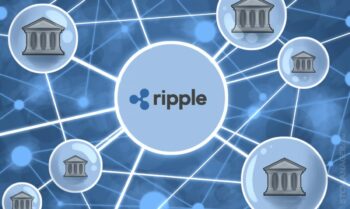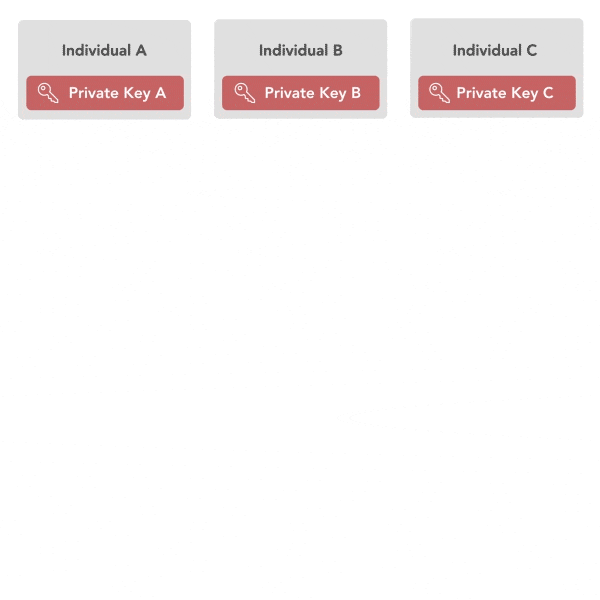2018-10-26 06:41 |
Ripple’s CTO David Schwartz participated in a debate at Money 20/20 USA. He and his opponent, Esther Pigg, answered questions from Tony Hayes, the moderator. One of the most interesting questions that arose was “Will blockchain replace today’s payments system?”
Schwartz took the pro side of such a system and explained that today’s global payment system has several issues. The payment system was developed before the internet for the “postal and batch era” and it fails to address the demands of today’s market.
He also explained that,
“We’ve been trying to put band-aids on the problem for years now. Apple Pay, SWIFT GPI, bank’s web and mobile interfaces – these are all just short-term fixes.”
Further, the band-aids fail to resolve the infrastructure’s underlying issues and moreover, they are unable to work well for the next wave of companies and consumers. Schwartz pointed to examples of companies such as Uber and Amazon that have transitioned into providing payment systems. He noted that the proliferation of APIs needed to execute payouts to partners and customers is becoming a “nightmare.” Emerging markets, businesses, and consumers are also without options to address their payment needs.
Schwartz further added that it is difficult to stop the advancement of technology when it has been shown to improve or resolve issues. At this point, this is what blockchain is doing for cross-border payments and what it can do for other cases later on.
In support of his position that blockchain is the ideal solution, Schwartz highlighted three compelling reasons:
Security: every participant can enforce all the rules, so that systems are self-defending. Reliable: the median blockchain has better reliability than YouTube. They’ve never had outages. Governance: blockchains are governed simply by everyone participating in enforcing all the rules.Schwartz concluded his opening statements by providing perspective on the transition to blockchain.
He stated,
“Look at what email did to postal mail. Look at what digital music did to CBDs. And, if you look at the developing world, they skipped landlines completely. The same can be said for the developing world moving straight to mobile wallets.”
Pigg rebutted Schwartz’s remarks by identifying a few key points, such regulatory uncertainty, scalability of blockchains, and interoperability. Schwartz then acknowledged that scalability is where blockchain in general has room for growth, however, some blockchain technologies such as XRP ledger is not an issue. The ledger has scales of 1500 transactions per second.
Concerning interoperability, Schwartz countered by stating that blockchains have such a protocol, the interledger. Interledger is similar to the IP internet – it allows blockchain ledgers to connect, regardless what digital assets are being exchanged across them.
As for regulation, Schwartz agreed that more regulation of digital assets and blockchain is necessary to ensure that consumers are protected. For example, Japan and Abu Dhabi are global leaders in regulation – they have governing bodies providing strong consumer protections around digital assets, and they leave room for innovation. He specifically touched upon how Pigg’s examples that she used to support her arguments are very different than positive use cases for digital assets, such as cross-border payments that companies such as Ripple are promoting.
Pigg also stated that the industry should explore how blockchain can fix issues with slow and unreliable payments, but she did not concede that blockchain will replace payment systems. Rather, she simply agreed that blockchain may play an important role.
After the debate, a poll of the audience showed that half felt the same as they did prior to the panel and the rest of the audience split 50-50 concerning if blockchain will replace payment systems or not. At this point, it is safe to say that this is certainly a topic for continued discourse.
origin »Bitcoin price in Telegram @btc_price_every_hour
Render Payment (RPM) íà Currencies.ru
|
|



